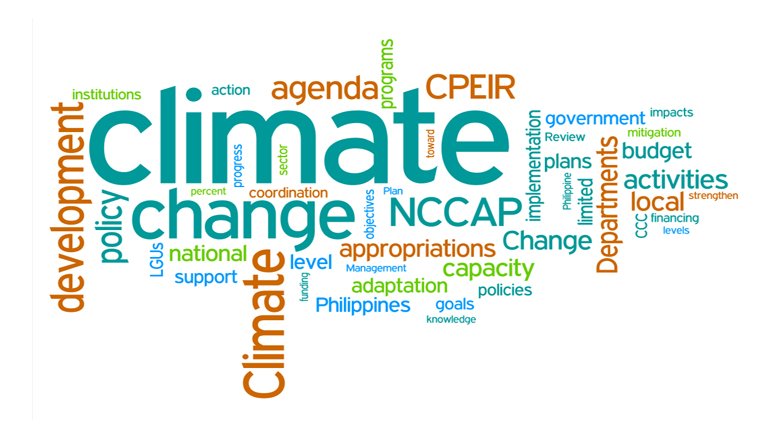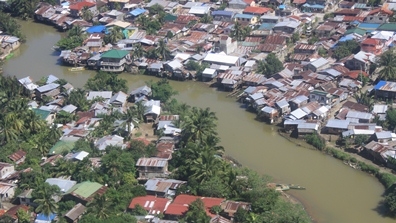The report entitled Getting a Grip on Climate Change in the Philippines looks at the innovations as well as gaps in policy and financing of climate change programs since the country adopted the Climate Change Act four years ago.
The report – done at the request of, and in close collaboration with the Climate Change Commission (CCC) and the Department of Budget and Management (DBM) – provides detailed analysis and recommendations on how the country could accelerate reforms for managing the growing climate change impacts and increasing greenhouse gas emissions while contributing to poverty reduction.
The report provides recommendations along three themes:
• Strengthening the planning, execution, and financing framework for climate change;
• Enhancing leadership and accountability through monitoring, evaluation, and review of climate change policies and activities; and
• Building the country’s capacity and managing change
The report also underscores that while the government builds resilience to climate change impacts, it should also ensure that the country’s emissions of greenhouse gases (e.g. methane and carbon dioxide) remain in check.
Though a minor contributor to climate change globally, the Philippines’ greenhouse gas emissions rank in the top 25 percent among low- and middle-income countries, with significant increases projected in the coming decades. Emissions from the energy sector are projected to quadruple by 2030, with the transport sector expected to double its emissions.


